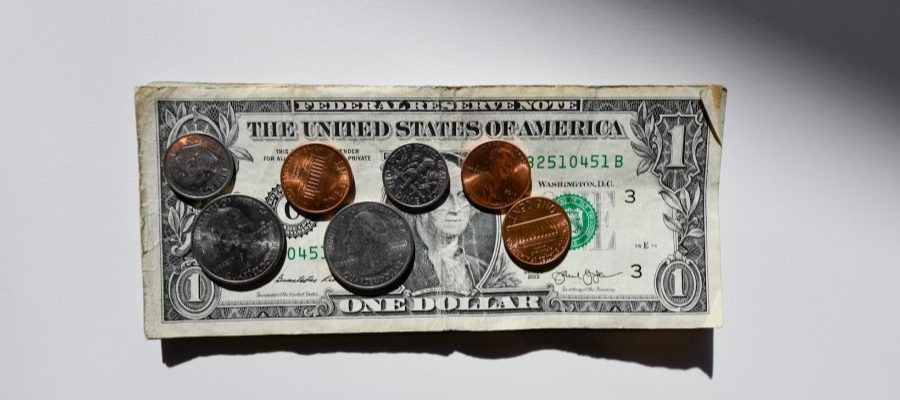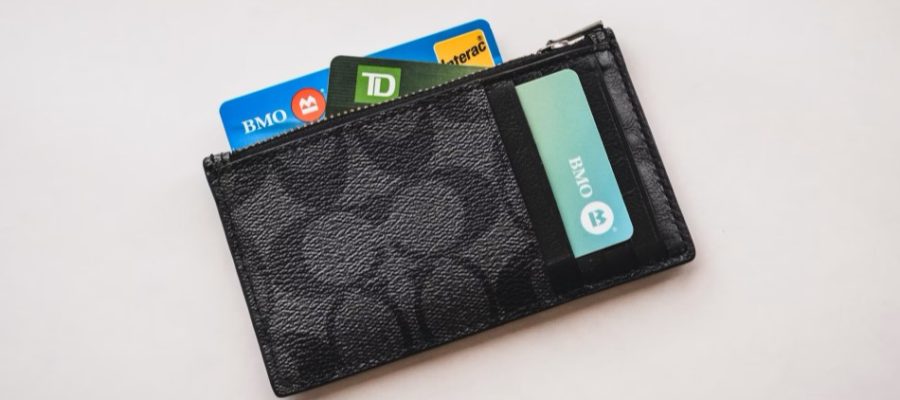Evolution of Online Casino Payments: From Credit Cards to Cryptocurrencies

The world of online casinos has undergone significant transformations since its inception, and one of the most impactful areas of development has been in payment methods. When online casinos first emerged in the late 1990s, players had limited options for depositing and withdrawing funds. Fast forward to today, and the variety of payment methods available is staggering, ranging from traditional credit cards to digital cryptocurrencies like Bitcoin. This article takes a comprehensive look at the evolution of online casino payments, exploring how these methods have developed over the years to enhance the convenience, security, and accessibility of online gambling.
The Early Days: Credit Cards and Bank Transfers
When online casinos first started gaining traction, the most common payment method available to players was the credit card. Brands like Visa and MasterCard were widely accepted, making them the default choice for many players. Credit cards were convenient for users who were already familiar with them, and they allowed for relatively quick deposits. However, there were some drawbacks.
Bank transfers were also a common option during the early years, especially for players who preferred not to use credit cards. These transfers, while secure, were slow. Processing times could take several days, which wasn’t ideal for players looking for immediate access to their funds.
The Rise of E-Wallets
As online casinos grew in popularity, there was a growing demand for faster, more secure payment methods. This led to the rise of e-wallets, digital payment systems that acted as intermediaries between players and their bank accounts. E-wallets like PayPal, Neteller, and Skrill quickly became favored options for online casino players.
E-wallets offered several advantages over traditional credit cards and bank transfers. For one, they provided an extra layer of security, as players didn’t have to directly share their banking information with the casino. Transactions were also faster, with most e-wallet deposits processed instantly, and withdrawals taking just a few hours in many cases. This combination of speed and security made e-wallets a popular choice among online casino enthusiasts, and they remain widely used to this day.

Prepaid Cards and Vouchers
Another significant development in the evolution of online casino payments was the introduction of prepaid cards and vouchers. These methods appealed to players who wanted more control over their spending or were uncomfortable using credit cards and e-wallets. Prepaid cards like Paysafecard allowed players to purchase a card with a set amount of money, which they could then use to deposit funds into their online casino account.
Prepaid vouchers and cards provided an additional layer of anonymity, as players didn’t need to share personal financial information. However, one limitation was that these methods could typically only be used for deposits, and players had to choose a different method, such as bank transfer or e-wallet, for withdrawals.
The Emergence of Mobile Payments
As mobile phones became increasingly powerful and more widely used, the gaming industry—including online casinos—shifted its focus towards mobile compatibility. Payment methods followed suit, with the development of mobile payments such as Apple Pay, Google Pay, and pay-by-phone services.
Mobile payments allowed players to deposit funds directly from their mobile devices, often with just a few taps on the screen. This convenience made them particularly popular among younger generations of players who were used to managing much of their lives through their smartphones. In addition, mobile payment options were often tied to biometric security features such as fingerprint or facial recognition, adding an extra layer of protection.
Cryptocurrencies: The Future of Casino Payments?
In recent years, the introduction of cryptocurrencies like Bitcoin, Ethereum, and Litecoin has marked another significant evolution in online casino payments. Cryptocurrencies operate on decentralized networks, meaning they are not tied to any central bank or government. This has several benefits for both players and online casinos.
For players, cryptocurrencies offer increased anonymity and security. Since transactions don’t require sharing personal information, cryptocurrency payments reduce the risk of identity theft or fraud. Additionally, cryptocurrency payments are typically processed faster than traditional methods, with deposits and withdrawals often completed within minutes.
For online casinos, accepting cryptocurrencies opens up their platform to a global audience, particularly in regions where traditional payment methods may be restricted. However, the volatile nature of cryptocurrency prices can be a downside, as the value of a player’s winnings may fluctuate significantly in a short amount of time.
While cryptocurrency adoption in online casinos is still in its early stages, its use is growing. Many casinos now accept a range of digital currencies, and the trend is expected to continue as more players become familiar with blockchain technology.

Key Developments in Online Casino Payment Methods
To provide a clearer view of the evolution of payment options in online casinos, here’s a brief timeline of key developments:
| Year | Payment Method | Development |
|---|---|---|
| Late 1990s | Credit Cards & Bank Transfers | Traditional methods like Visa and MasterCard dominated the market. |
| Early 2000s | E-Wallets | The introduction of PayPal, Neteller, and Skrill revolutionized payments. |
| Mid-2000s | Prepaid Cards & Vouchers | Paysafecard and similar options offered anonymous and controlled spending. |
| 2010s | Mobile Payments | Mobile-friendly options like Apple Pay and Google Pay gained popularity. |
| Late 2010s | Cryptocurrencies | Bitcoin and other digital currencies became a new frontier for payments. |
The Importance of Security and Regulation
With the rise of various payment methods, security has become a top priority for both players and online casinos. Over the years, regulatory bodies have stepped in to ensure that all payment methods are safe and reliable. Online casinos are now required to use advanced encryption technologies to protect players’ financial data, and strict regulations ensure that casinos adhere to best practices for handling transactions.
Regulatory bodies like the UK Gambling Commission (UKGC) and the Malta Gaming Authority (MGA) oversee these practices, providing players with peace of mind that their funds and personal information are secure.
The Future of Online Casino Payments
As technology continues to advance, it’s likely that online casino payments will evolve further. Cryptocurrencies may play an even bigger role in the future, especially as blockchain technology becomes more widely adopted and understood. We may also see more integration of biometric security measures, such as fingerprint and facial recognition, into the payment process, making transactions even more secure.
Additionally, with growing concerns around data privacy, more players may turn to anonymous payment methods like cryptocurrencies and prepaid vouchers to protect their personal information. Online casinos will continue to adapt to these changes, offering a wide range of options to meet the needs and preferences of their global customer base.
Conclusion
In conclusion, the evolution of online casino payments reflects the broader trends in technology and consumer preferences. From the early reliance on credit cards to the growing use of cryptocurrencies, payment methods have become faster, more secure, and more versatile, meeting the changing needs of the global online gaming community.
FAQs
In the early days of online casinos, credit cards and bank transfers were the most commonly used payment methods.
E-wallets are digital payment services like PayPal and Skrill that offer fast, secure transactions. They are popular because they protect personal financial information and often process payments quickly.
Yes, many online casinos now accept mobile payment options like Apple Pay and Google Pay, allowing for quick and secure transactions via your smartphone.
A prepaid voucher, like Paysafecard, is a card you buy with a set value. You can use it to deposit funds into your online casino account without sharing your bank details.
Cryptocurrencies offer anonymity, security, and fast transaction times, making them increasingly popular among players who value privacy and speed.
Yes, most online casinos use advanced encryption and are regulated by authorities like the UKGC or MGA to ensure the security of transactions.
In most cases, prepaid cards are only used for deposits, and you’ll need to choose another method, like a bank transfer or e-wallet, for withdrawals.
The future of online casino payments may involve more widespread use of cryptocurrencies, enhanced mobile payments, and further integration of biometric security features.